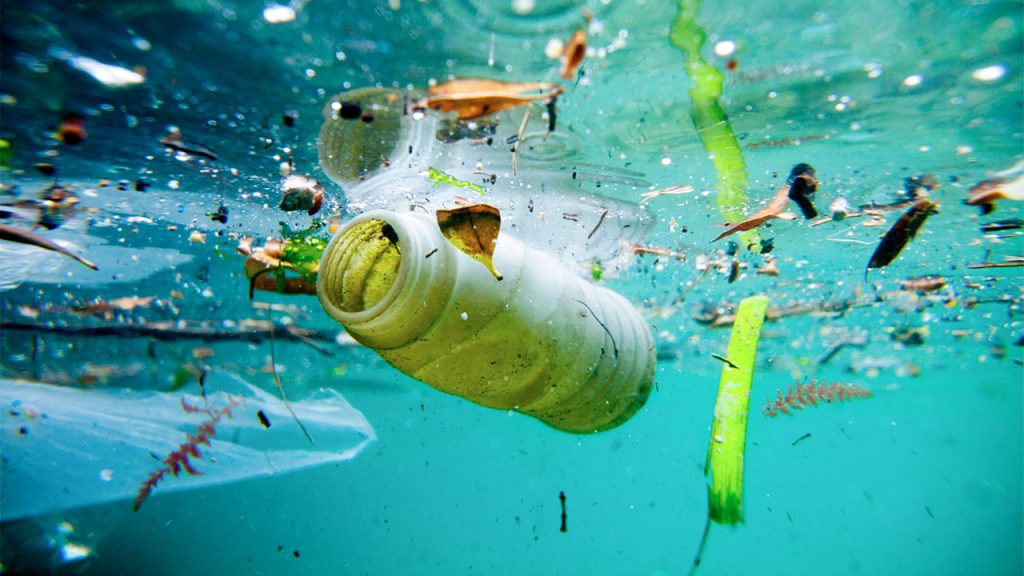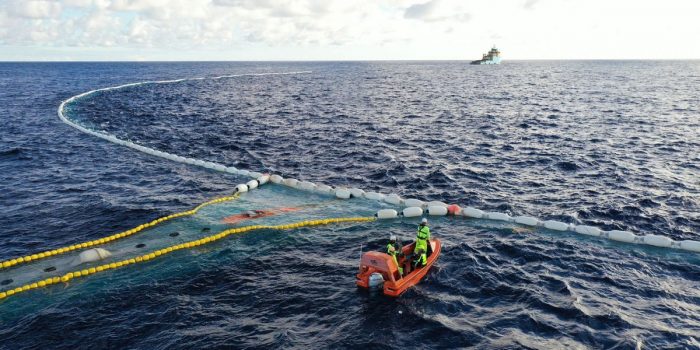The Ocean Cleanup organization just made headlines for all the right reasons again with the recent removal of 200,000 kilograms of plastic debris from the North Pacific Ocean. This achievement was made possible by the organization’s specially designed cleaning systems and AI-powered cameras that continuously scan the ocean’s surface in search of plastic waste.
The Great Pacific Garbage Patch is a growing environmental concern that is situated between California and Hawaii. It is estimated that over 75 percent of the garbage patch consists of fishing-related plastic waste. The Ocean Cleanup’s efforts to remove this waste will undoubtedly have a significant positive impact on marine life and the health of our oceans.

The organization’s System 002, which uses a long, u-shaped barrier to collect waste, moves slowly beneath the ocean to minimize noise and protect marine wildlife. The monitoring data provided by the company revealed a “low adverse impact of System 002 on marine life over the first 12 trips.”
The Ocean Cleanup is not just focused on removing plastic waste from the ocean. They also aim to give ocean plastic a new life by working with partners to recycle and transform it into durable plastic products. In fact, the organization launched its first product made from plastic waste, “The Ocean Cleanup Sunglasses,” in October 2020.

The success of The Ocean Cleanup’s recent cleanup efforts is a testament to the organization’s commitment to restoring the health of our oceans. However, it is essential to recognize that cleaning up plastic waste from the ocean is just one part of the solution. It is crucial to address the root cause of plastic pollution, which is our overreliance on single-use plastics.
Everyone can play a role in reducing plastic waste by making simple changes in their daily lives, such as carrying a reusable water bottle, shopping with reusable bags, and saying no to single-use plastic straws. By working together, we can make a significant impact on the health of our oceans and the planet.



Titel says 200kg. It’s 200.000 kg…